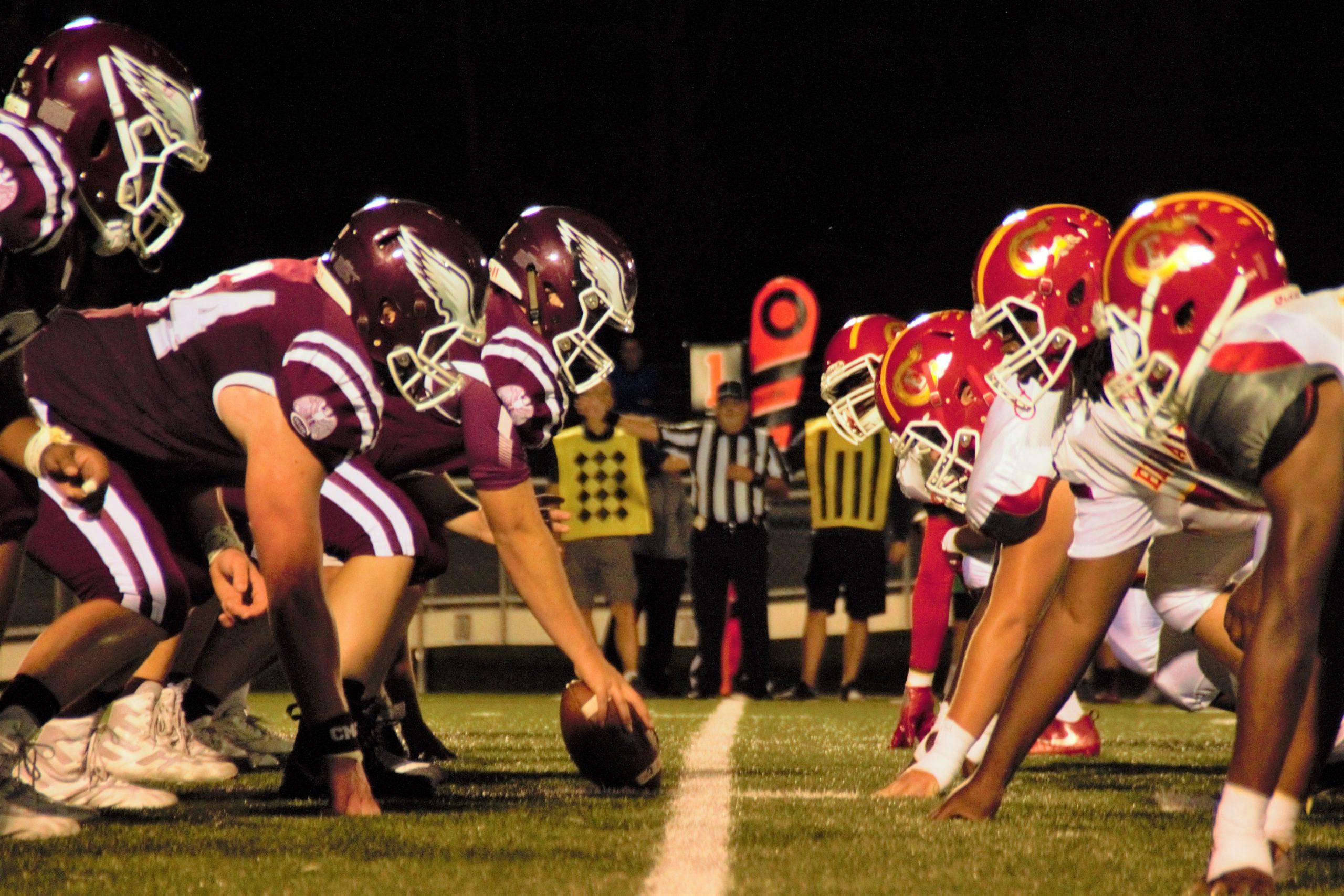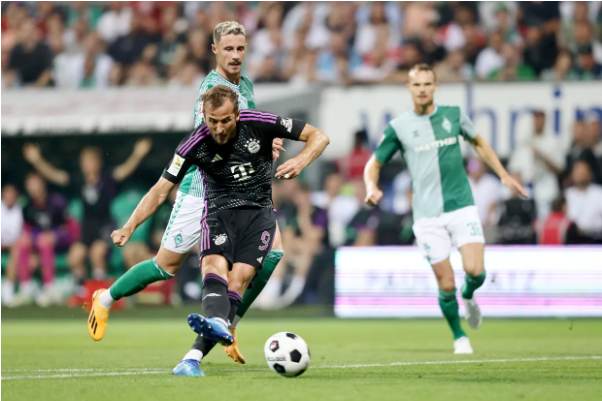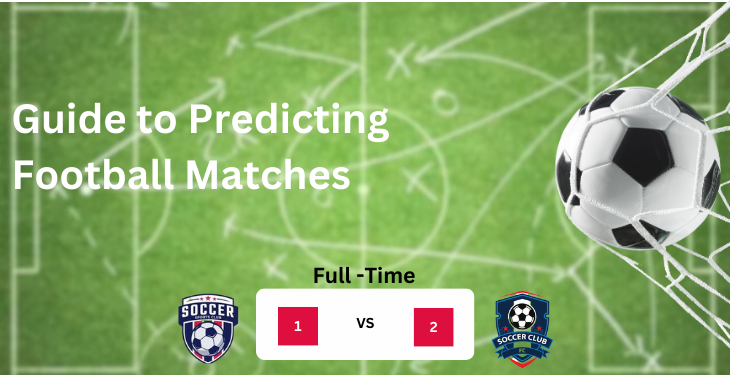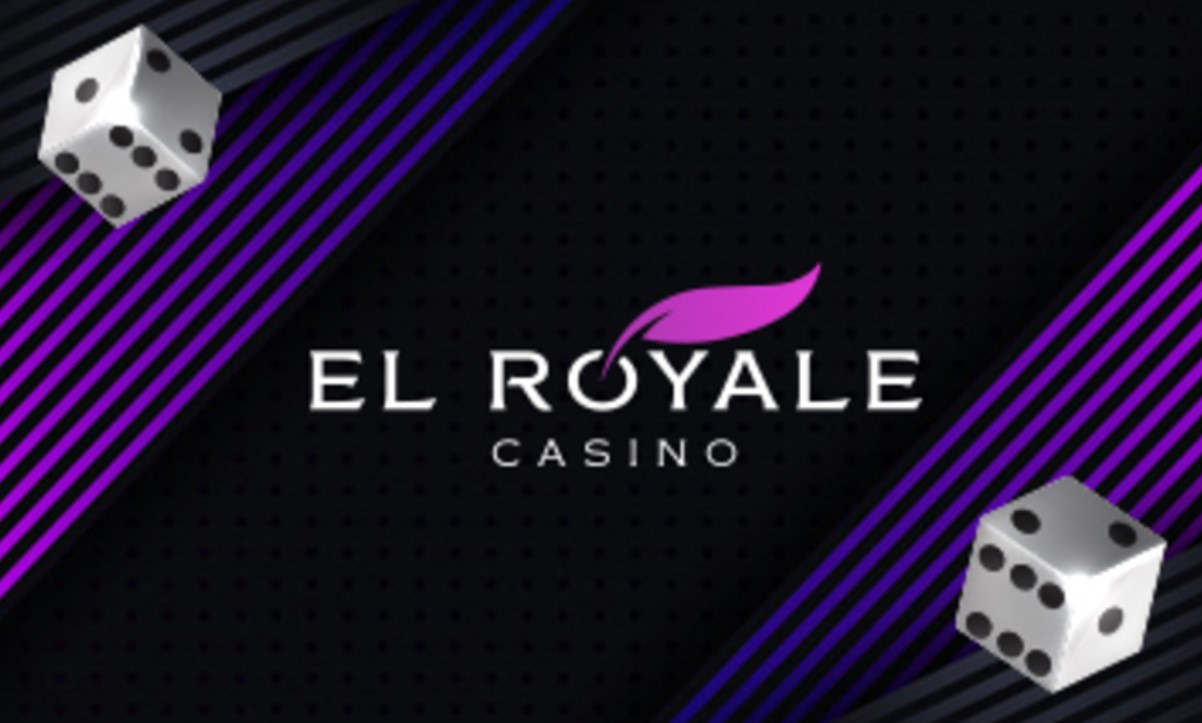Numerous benefits to a fully regulated Brazilian gambling market
Brazil’s potential in the online gambling industry is profound.
The country of Brazil spends somewhere between BRL 2 billion and BRL 10 billion annually on international online casinos and sportsbooks, according to recent data.
But that might just be the tip of the iceberg with the actual true value being far greater when you consider all forms of gambling in Brazil and the huge amount of ‘black market gambling’ that’s been going on for decades.
In the Brazilian Chamber of Deputies, between 2021-2022, legislators discussed the figures surrounding the gambling sector: BRL 27 billion from unauthorized gambling and BRL 17 billion from legitimate outlets, totaling an approximate value of BRL 44 billion for the market just a short while back.
The repercussions? A missed opportunity of anywhere between BRL 3-15 billion in untapped social contributions and taxes, depending on what are the exact figures for how much the Brazilian gambling market is actually worth in its entirety, a question posed by Brazilian online casino 7JP. Find out more about how they came to these figures.

Estimates and growth over time for Brazilian real-money gaming industry size. Source: 7JP
But then again, there are plenty more advantages to a fully-regulated gambling market in Brazil beyond just the financial benefits to the state through taxes and social security contributions.
All in all, it highlights how important it is that Brazil’s real-money betting industry is fully regulated sooner rather than later.
Main benefits to regulation in Brazil
- Economic Growth: The legalization and regulation of gambling can pave the way for significant economic benefits. The creation of casinos and other betting establishments can generate considerable employment opportunities for the local populace, spurring job growth.
- Tax Revenue: A well-regulated gambling market can provide a robust revenue stream for the government through taxation. These funds can be reinvested in public services, infrastructure, and other critical areas of national development.
- Consumer Protection: Regulation ensures that operators adhere to strict standards, which protect consumers from fraud and malpractices. It ensures that gambling environments are safe and that there’s a mechanism in place for dispute resolution.
- Problem Gambling Measures: A regulated environment can implement responsible gambling initiatives, such as self-exclusion programs, age verifications, and betting limits, to curb addiction and promote responsible gambling behaviors.
- Reduced Illegal Gambling: Regulation diminishes the influence and operations of illegal gambling outfits. Legal gambling options, which are more transparent and accountable, tend to deter individuals from seeking underground or illicit alternatives.
- Tourism Boost: International and domestic tourists might be attracted to Brazil’s casinos and resorts, boosting the hospitality industry and contributing further to the economy.
- Transparency and Fair Play: Regulatory bodies can ensure that gambling operators provide transparent operations, maintaining the integrity of games and ensuring fair play.
Regulation moving in the right direction
The gravity of the situation hasn’t gone unnoticed.
The Brazilian Chamber of Deputies has spotlighted the revenue generated from both legal and illegal gambling outlets, emphasizing the need for regulations.
Senate Bill No. 186/14, for instance, sought the legalization of various gambling channels, highlighting above all, the potential loss of tax revenue to the tune of BRL 15 billion (as we’ve seen already), if these remain unregulated.
All of which means Brazil’s iGaming industry stands at a pivotal juncture. The unprecedented growth, driven by a digitally advanced population and the rise of mobile platforms, hints at a promising future.
What’s required now is a regulatory framework that ensures a blend of consumer protection, fiscal responsibility, and industry growth.
With the right measures, Brazil can harness its potential and establish itself as a global iGaming hub.












